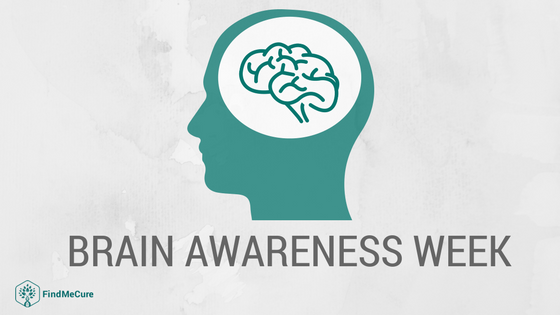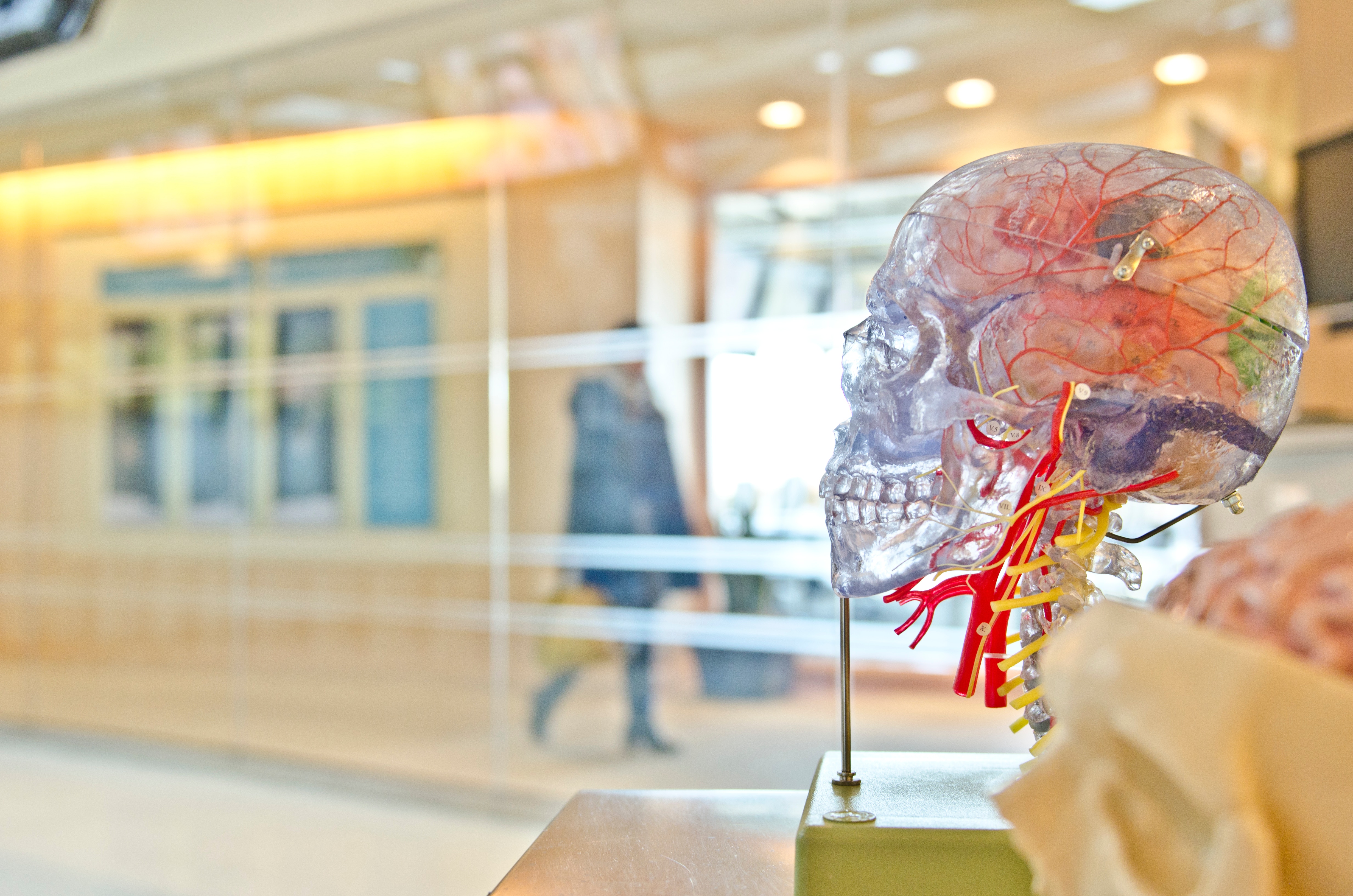World Brain Awareness Week: Our Everyday Actions Do Have An Impact On Our Brain

” I felt afraid to leave the house – what if I can’t remember where I live? Does anybody else battle debilitating brain fog while on thyroid replacement therapy? When is it just “brain fog” and when is something you need to see a doctor for?“
This is what a patient, currently going through thyroid hormone replacement therapy, shares about their fears, experiences, and doubts on a worldwide popular social network for health. Hypothyroidism (a condition classified by an underactive thyroid gland) is one of the many conditions/treatments that sometimes might affect the brain functions and overall adequacy.
What is the World Brain Awareness Week about?
Brain Awareness Week (BAW) is a nationwide effort organized by the Dana Alliance for Brain Initiatives and the Society for Neuroscience to promote the public and personal benefits of brain research.
At the beginning of World Brain Awareness Week 2018 life’s irony is not lost on me. Here I am, writing about brain-related issues, and taking a break every other sentence because I keep on forgetting the words I was going to use. Sure, it can be a symptom of many things – from stress and lack of sleep, to hormonal changes such as the ones going on during pregnancy, to medication and medical conditions like Diabetes, Alzheimer’s or Autoimmune diseases such as Lupus or Multiple Sclerosis (MS).
But for some of you, brain fog is more than a temporary occurrence.
We would love to be able to give you something to hold on to. To share the good news about the four scientists who won a million euro prize for their research on Alzheimer’s, which one day even if into the not-so-near future will surely lead to finally finding a cure or better yet – method of prevention, possibly involving gene-modifying treatments. And yes, there is hope and there is research going on, but the truth is, some of you might be tired of hearing about it. Some of you might be frustrated of voicing your difficulties and fears and getting suggestions like “talk to your doctor about changing the dose of your medication”, “try this vegan gluten-free diet, it worked for me”.
Dr. Lara Boyd says what you probably already suspect anyway and what we at FindMeCure have talked about before – everybody responds to one and the same treatment, one and the same diet, one and the same lifestyle routine in a different way. And for scientists conducting research that’s a nightmare. Often times the most reliable data in clinical trials is reliant much more on numbers – if the overwhelming majority responds well, then the drug or treatment is deemed a success. But what if you belong to that minority that shows no significant improvement?
Why can’t I just snap out of this brain fog?
When it comes to brain research, the most “up-and-coming” in the field is “neuroplasticity”. Neuroplasticity is the ability of your brain to change itself in response to new conditions – to learn a new language, for example, to gain new motor skills like playing a sport or an instrument, and even to repair itself after damage or injury. Sounds good, right? But then why can’t people regain their lost motor skills after a stroke? Why haven’t we found a cure for dementia? Why can’t I just snap out of this brain fog?
And the answer is simple: there are too many variables. Neuroplasticity is primarily driven by our behaviour. Our brains are quite literally shaped by our every activity. But here’s where it gets complicated – one and the same behaviour leads to different results in the brain’s chemistry and structure. But then again, you probably already knew that – maybe your Spanish teacher tried helping you learn new words by making you writing them down repeatedly and while it worked for some of your classmates, it did nothing for you.

However, there is something common in all of us, neurologist Siddharthan Chandran argues in his TED Talk “Can the damaged brain repair itself?”. As evident by the scan of a person with multiple sclerosis, the brain, in fact, can repair itself, although it does not do it well enough on its own for the repairs to amount to something. In other words, if we want to find the cure to neurodegenerative conditions like MS, Alzheimer’s, motor neuron disease, etc., we need to find a way to promote these spontaneously occurring repairs and promote them in such a way that they actually make a difference.
Chandran suggests that one such solution might be stem cells. Based on a clinical trial on people living with MS it seems like an infusion of healthy stem cells (injected in the vein) urges the stem cells already there to do their job and become specialized myelin cells.
The real impact on our brain
And while reliable affordable widespread therapies are maybe a few years into the future, what we’d like you to take away from these findings is the concept that our environments, our behaviours, our everyday actions do have an impact on our brains.
At the end of this yet another difficult day I had a conversation over the phone with one of my closest friends. And though, like many of you battling the brain fog, I’ve been withdrawn recently, embarrassed of the way my mind functions right now, while talking to her I was reminded that there are people in our lives who love us for more than our witty remarks or quirky sense of humor. People who care and have the patience to listen, no matter how many times we lose our train of thought.
I know right now you might be missing the lively vibrant person you were before this whole medical ordeal took place. But even when our minds don’t work like they used to, our hearts are still capable of holding a conversation on their own.
***
The article is written by Nelly Katsarova, a writer at FindMeCure’s Blog and a valuable part of FindMeCure Foundation.
If you or a significant one suffers from a brain-related condition, use the search below to find active clinical trials near you!
Have comments or questions? Use the comments section or drop us a line at foundation@findmecure.com!
*FindMeCure is an official partner of the World Brain Awareness Week 2018.

